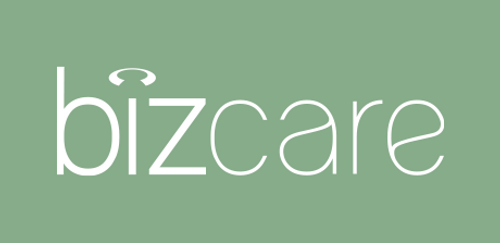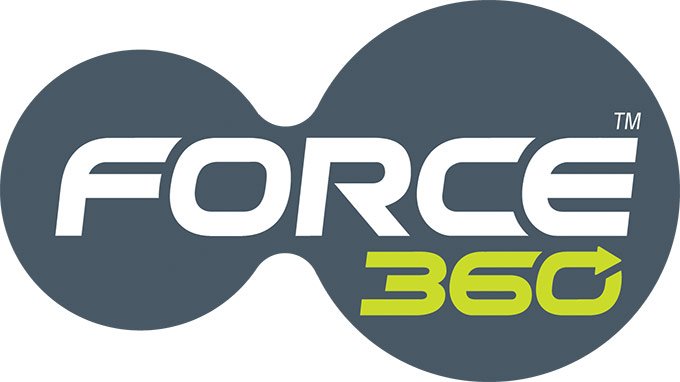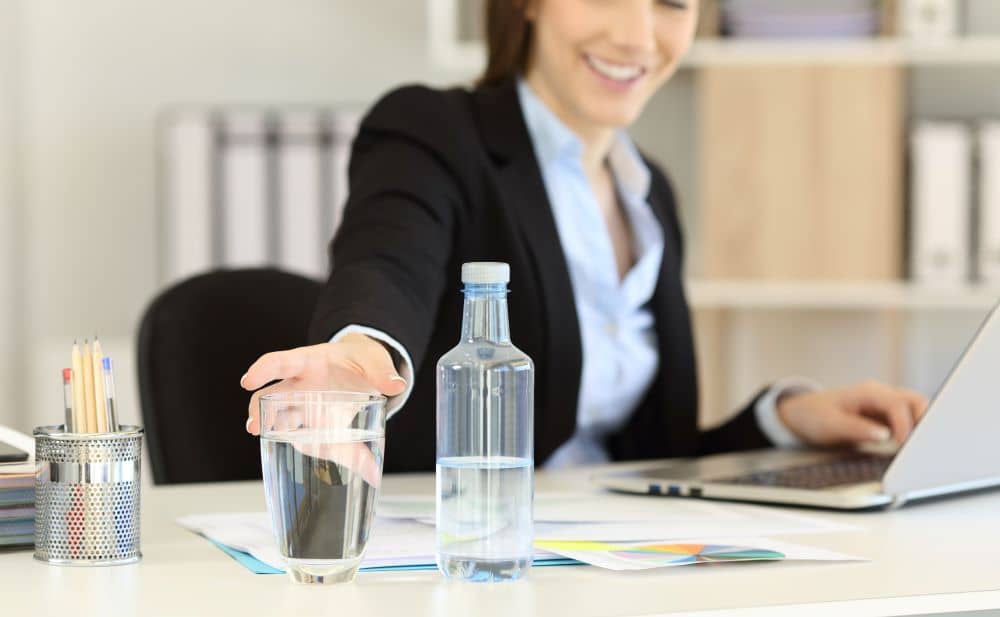How to Stay Hydrated at Work
Most people spend approximately 90,000 hours working throughout their lifetime. Because of loaded schedules, moving from one meeting to the next, and sitting in front of computers for several hours, health becomes less of a priority.
In Japan, people work 60 to 70 hours every week. Because of the long hours, a phenomenon called karoshi has led to 10,000 employees dropping dead every year. While this is unheard of in Australia, it still highlights the importance of staying healthy. And one of the most common health problems at the workplace stems from dehydration.
The Dangers of Dehydration
The human body is made up of 60% water. But it’s not just the body that needs water. Have you ever felt like you cannot think or focus properly? With a cloudy mind, tasks become more difficult to understand and complete. That could be due to dehydration. You see, the brain is also made up of water – 75% to be exact.
The issue with dehydration is that you may not always feel the effects right away. You may even associate it with other conditions, such as stress, fatigue, or sleepiness. But dehydration can cause problems with your work performance. You could feel slightly weak with a headache. Don’t reach for your granola bar or a snack to boost your energy. Instead, have a glass of water, which can help:
- Lubricate your eyes, which is crucial if you are in front of a computer monitor for several hours a day
- Eliminate toxins in the body that causes health issues
- Improve your digestion to keep things moving
- Optimise your energy, which is produced through your cells
Staying hydrated is the key to increasing your concentration. It may seem too simple, but many confuse thirst with hunger pangs. Dehydration is not only about the lack of water in the body but also inadequate electrolytes, especially salt and potassium. Drinking enough water every day can help you stay productive and, more importantly, healthy.
Practical Strategies to Help You Stay Hydrated While Working
Is it hard for you to drink a glass of water now and then while getting distracted by urgent projects? You’re not alone. Many people walk around with mild dehydration. Construction workers and those who spend a lot of time under the heat of the sun are at risk of serious dehydration. What can you do to prevent it?
Here are the easiest ways to stop dehydration:
1. Working from Home
Make the most of your time by taking care of your health while working from home. Increase your water intake to improve your immunity and fend off germs and diseases. Because you’re at home, you are in control of your water source. But many people don’t like getting up from their workstation to get water. The best thing you can do is to have a water cooler nearby.
Before you start working, fill your water bottle and keep it by your side. A reusable water bottle within your reach can immensely help you develop a good habit of drinking enough water. Whether you leave it on your desk, the nightstand, or even on the ground next to your feet, you will eventually find it easier to stay hydrated as you work.
Another benefit of working from home is that you can eat what you want. If dehydration is already an issue, it is best to avoid foods and beverages that increase your thirst. Examples include coffee, soft drinks, and salty snacks. Instead, eat oatmeal for breakfast, which is equivalent to drinking about a cup of water.
2. Offices
Staying hydrated in the office is almost the same if you’re working from home. If you find it difficult to remember to drink water consistently, you should start with your water bottle. Buy one that you love, which will encourage you to drink more water since it will bring you enjoyment.
Office workers typically go for coffee to keep them awake. But it has a dehydrating effect, which causes the body to require more water than it should. Also, you have to go to the bathroom more often since caffeine is a natural diuretic, which gives you an overactive bladder. Therefore, you have to pee more than usual. You need water to break down or metabolise coffee and other ingredients in the drink.
Snacking is not bad, but you should be smart with your choices. Don’t go for pre-packaged food. While convenient, processed food is usually dehydrated or has low water content for preservation. Rather than pretzels, chips, or similar snacks, choose smoothies and fruits.
3. Worksites
Before heading to work, it’s essential to start your day hydrated. That means drinking water before your shift. If possible, have a glass of water when you wake up in the morning. If you work in hot or humid conditions, always carry water with you at all times. A hydration backpack or a bigger water bottle should be within your reach. You can also buy a tool belt to attach your water bottle to ensure you get your drink when you need it.
Even if you do not feel thirsty, it does not mean you are not dehydrated. You may feel hungry, but you’re thirsty. Also, you should monitor your urine colour. If it is too dark yellow to light orange, it’s time to get some cool water, which the body absorbs faster than warm water.
4. Hospitality
Restaurant employees, especially cooks, are at risk of dehydration. Since you are working in a high-heat environment, it is necessary to drink water. It is recommended to drink at least four cups of water each hour, especially if you are exposed to temperatures ranging from 39.4 to 47 degrees Celsius. Forget about coffee and soft drinks, primarily if you are assigned in the kitchen.
Meanwhile, if you work at a hotel, casino, or similar facilities, you’re likely dealing with a busy crowd or demanding clientele. To avoid skipping drinking fluids, set some reminders for your water intake throughout your shift. You can use an app that triggers an alarm each time you need to pick up your water bottle.
Are you looking for the right water bottle for you? Check out our collection of stainless bottles and hot cap steel mugs with varied colours and capacities to choose from.
 Aussie Pacific
Aussie Pacific Bamboo Textiles
Bamboo Textiles Benchmark
Benchmark Bisley Workwear
Bisley Workwear Biz Care
Biz Care Biz Collection
Biz Collection Biz Corporates
Biz Corporates Camelbak
Camelbak Contego
Contego DNC
DNC Eureka
Eureka Eyres
Eyres Fashion Biz
Fashion Biz Fastaid
Fastaid Force 360
Force 360 FXD
FXD Hard Yakka
Hard Yakka Howard Leight
Howard Leight Kakadu
Kakadu KingGee
KingGee LINQ
LINQ Mack
Mack